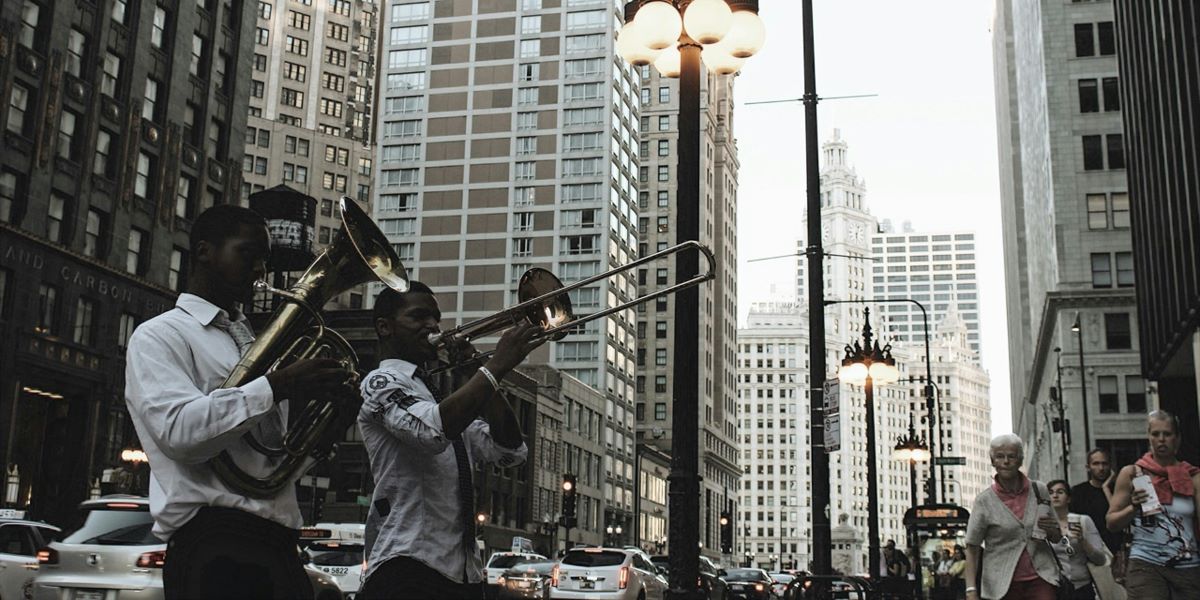Image commercially licensed from: Unsplash
Entrepreneurs are exposed to a diverse spectrum of potential business scenarios, from startups to enormous businesses, and from success to failure. Furthermore, they understand how to simplify and organize complex ideas for easy comprehension. They strive to make the world a better place by addressing a variety of issues. Although entrepreneurs focus on the primary objective of maximizing profits, they also consider and acknowledge stakeholders’ diverse needs. The entrepreneurs are dedicated to finding creative solutions to community challenges without compromising the shareholders’ objectives. Understanding and pursuing multiple stakeholders’ needs are essential for long-term business survival, success, and growth. When we talk about entrepreneurs, Carlos Moreno is a name that comes up.
Carlos Moreno, professor of complex systems and intelligent cities at the Sorbonne in Paris, began advocating for planning an idea that drew popularity in 2016. The gist of it is that we should plan our cities to become “15-minute cities” where we can reach our daily needs via walking or biking for a maximum of 15 minutes. The United Nations General Assembly has urged the United Nations Human Settlements Programme (UN-Habitat) to promote socially and environmentally sustainable towns and cities. UN-Habitat collaborates with partners to create cities and communities that are inclusive, safe, resilient, and sustainable. Urbanization is promoted by UN-Habitat as a beneficial transforming force for individuals and communities, eliminating inequality, prejudice, and poverty.
UN-Habitat awarded the “2022 Scroll of Honour” to the 15-minute city for its commitment to creating a more equal, inclusive, and sustainable living community for its inhabitants. This approach was created by Professor Carlos Moreno of the University of Paris 1 Panthéon Sorbonne-IAE Paris. It was implemented by the City of Paris in recent years and has expanded globally. This innovative urban design allows the development of green and thriving communities as a road to sustainable urban futures by relying on insights learned from the COVID-19 pandemic. The focus is again on the polycentric and multi-services quality of life by encouraging low-carbon mobility such as cycling and walking. During this time, the “15-minute city” became worldwide a key notion in making cities more sustainable.
Carlos Moreno was involved in the creation of the Carnot Institutes, a French university technology transfer organization founded in 2006 by Jean-Jacques Gagnepain. He also collaborated on the plan for the National Research Agency (ANR) under Jacqueline Lecourtier and with François Goulard as Minister of Research. He took part in the creation of the Institut d’Excellence en Énergies Décarbonées (IEED), which later became the Institut de la Transition Énergétique (ITE).
With the present climate emergency, having an adaptive environment in the city is very vital if we are to be resilient. As a result, a new movement of architects, urbanists, landscape architects, and others is needed to offer a new paradigm for changing cities into living, sustainable, resilient cities on a human scale. Carlos Moreno has always supported an atmosphere that improves everyone’s style of thinking. It is used not just for creation, creativity, and discovery, but also for sharing, connecting, and creating interpersonal relationships. This is a path that has taken him through many disciplines, lessons, research, enterprises, and industries. From February 2016 to 2021, Professor Moreno was the Mayor of Paris’ special envoy for smart cities. He also helps to spread and popularize science, technology, and urban applications by participating in Scientific Councils, Program Committees, or events in national or worldwide media.
Moreno was named an Academic Board Member of the Strate Design School in Singapore in September 2018. Carlos Moreno’s efforts have been acknowledged and incorporated into several local governments and urban transformation programs in France and throughout the world. In 2010, the French Republic made him a Chevalier of the Legion of Honor, and in 2019, the French Academy of Architecture gave him the Medal of Prospective. Moreno is a genius who has always brought a unique viewpoint to these issues that people are facing. With the construction of the “Digital and Sustainable City” in 2006, his study places him at the forefront of global urban development topics and issues. He also co-launched “Smart City” in 2010. Moreno then founded the “Human Smart City” in 2012, followed by the “Living City” in 2014.
Innovative ideas redirect our efforts into finding answers rather than fretting about our issues. The ability to think big is the first step toward breaking out from our bubble of self-imposed constraints and mapping out the way ahead to make it a reality. Thus, advanced thinking helped Carlos Moreno foresee the market and meet people’s requirements while motivating others to improve and create new strategies.







